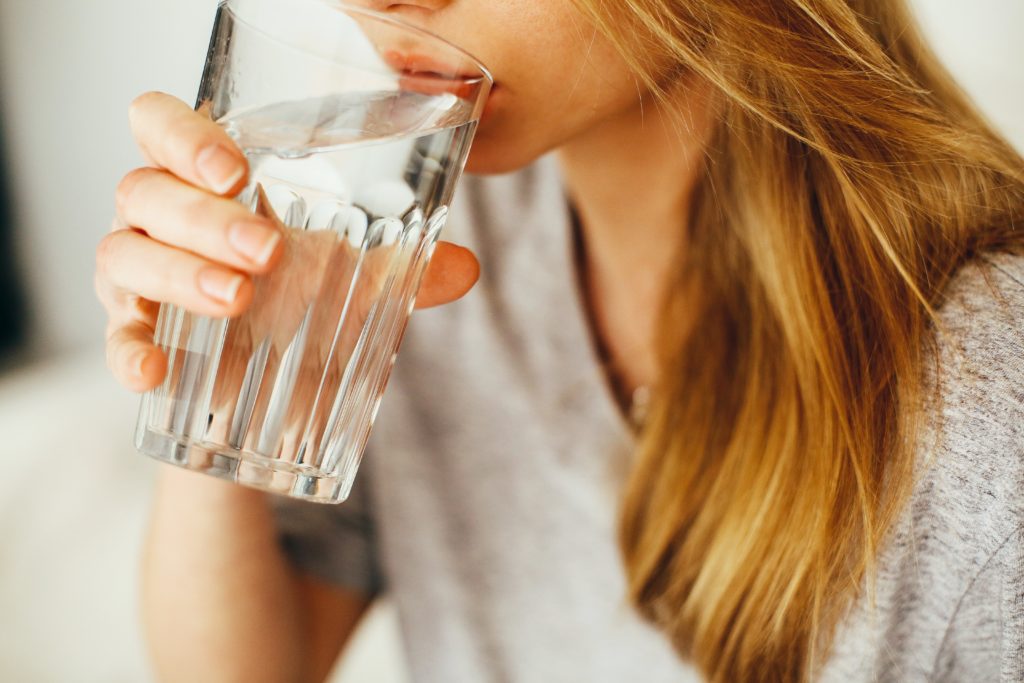Dehydration occurs when the body loses more water than it takes in, whether through sweating, peeing, or breathing. The body may get dehydrated if the fluid is not supplied. Many people prefer to wait until they are thirsty before drinking water. While this is a common symptom of dehydration, it is not usually the first to appear. You are already dehydrated when you sense the desire to drink water. The goal is to stay away from that situation.
Water makes up over 60% of an adult’s body, which may explain why it is so crucial for every organ’s correct functioning. Water protects tissues and joints, maintains a healthy body temperature, and aids waste elimination. Your body will let you know if it needs extra water in a variety of ways. It also has warning indicators of a significant health issue, such as nail-biting and other behaviors.
The question is how much water should a person consume on a daily basis to avoid dehydration. You’ve probably heard that drinking eight 8-ounce glasses of water a day will help you lose weight. While such counsel is sound, it may not be appropriate for everyone. When it comes to water usage, there is no such thing as a one-size-fits-all solution. It is dependent on an individual’s size, physical activity, food, and other factors. Overall health, as well as where you live — living in a hot area nearly always indicates you’ll need more water. According to the Centers for Disease Control and Prevention, total water intake from all foods and drinks should be 3.7 liters (125 ounces) for males and 2.7 liters (91 ounces) for women.
**Photo from pexels.com


